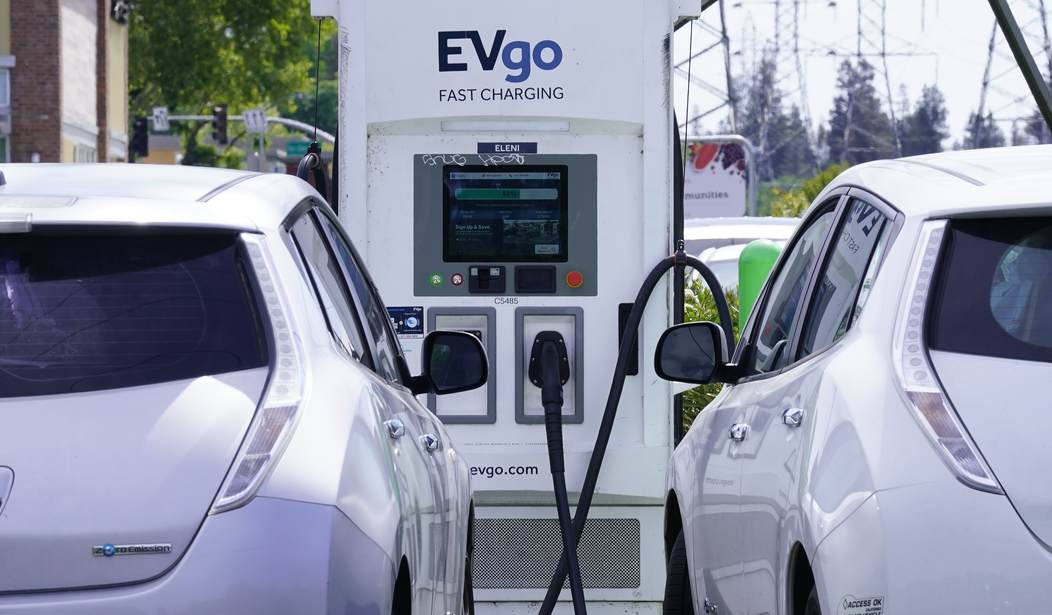Lithium is a key strategic resource. While we talk a lot about the use of lithium-ion batteries in electric cars, lithium is also used in batteries that are in everything from cellular phones to computers. The demand for lithium will only increase in the future, and some of the places that are producing lithium right now aren't necessarily friendly to the United States. We do have some domestic sources — but now a potentially massive new find centered on Arkansas could be a game-changer.
A new study led by the U.S. Geological Survey (USGS) found a large amount of lithium reserves in southwestern Arkansas that could help meet rising demand for lithium in electric vehicle car batteries.
USGS worked with the Arkansas Department of Energy and the Environment's Office of the State Geologist to examine a geological unit known as the Smackover Formation to determine the amount of lithium in brines that are co-produced during oil and gas exploration.
The study estimated that there are between 5 million and 19 million tons of lithium reserves present in the formation. While that estimate was of the amount of lithium in place and didn't assess how much of that is technically recoverable, if the reserves can be recovered commercially, the low-end estimate of 5 million tons would be enough to meet the world's projected 2030 demand for lithium batteries in electric vehicles nine times over.
That's a lot of lithium. And we need a lot of lithium. We're importing a lot of that material right now, and we are reliant on these nations that produce it. In an increasingly unsettled world, it's probably a good idea for the United States to be as self-reliant as possible.
The U.S. currently imports more than 25% of its lithium. A USGS report noted that from 2019 to 2022, U.S. lithium imports came primarily from Argentina (51%) and Chile (43%), with notably smaller amounts imported from China (3%) and Russia (2%).
Australia's lithium mines were the world's most productive, followed by Chile and China, per the USGS report. The world's largest lithium reserves were Chile with 9.3 million tons, Australia with 6.2 million tons, Argentina with 3.6 million tons and China with 3 million tons, according to the Jan. 2024 report. For comparison, U.S. reserves were 1.1 million tons of lithium.
This find, if it lives up to the estimations, could potentially eliminate the need for imported lithium. That is, as someone once said, a "big effing deal."
See Related: Will Arizona Stand Up Against Slave and Child Labor?
There's more to it than that. This find, should it prove out, has the potential to create thousands, perhaps tens of thousands, of good-paying jobs. We might note that Arkansas, Louisiana, and some of the other states where this resource is located aren't exactly the wealthiest portions of the United States. But like Alaska's North Slope, this is a massive resource that could lead to the economic transformation of the region. It's a win-win for our technological lifestyle, for national security, for prosperity, and for the people who live in the area of these finds.
We can always use good news. This, if it proves out, will be unalloyed good news.
This seems appropriate.















Join the conversation as a VIP Member